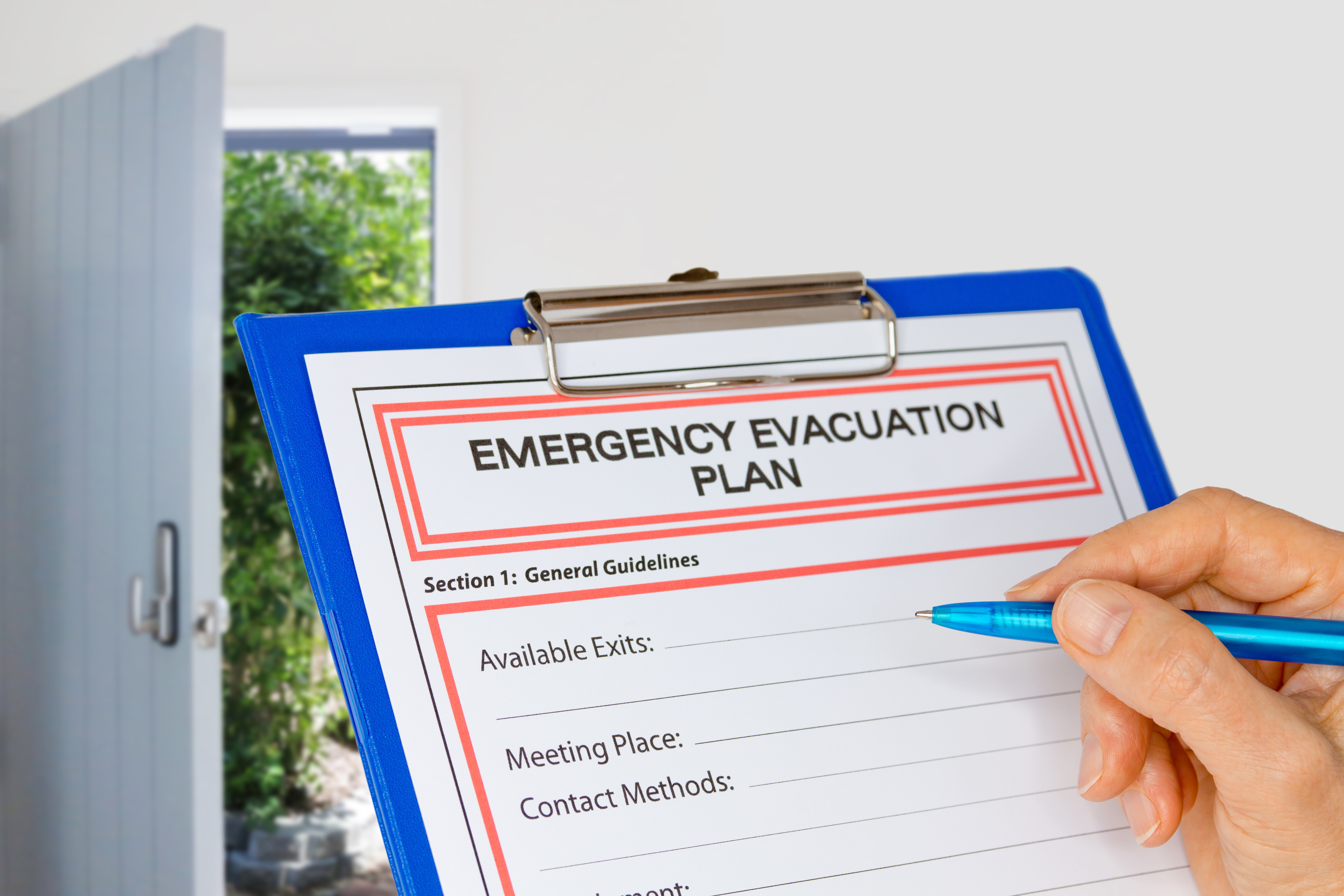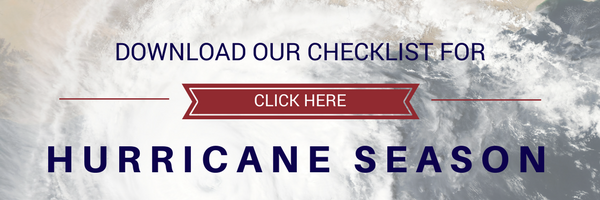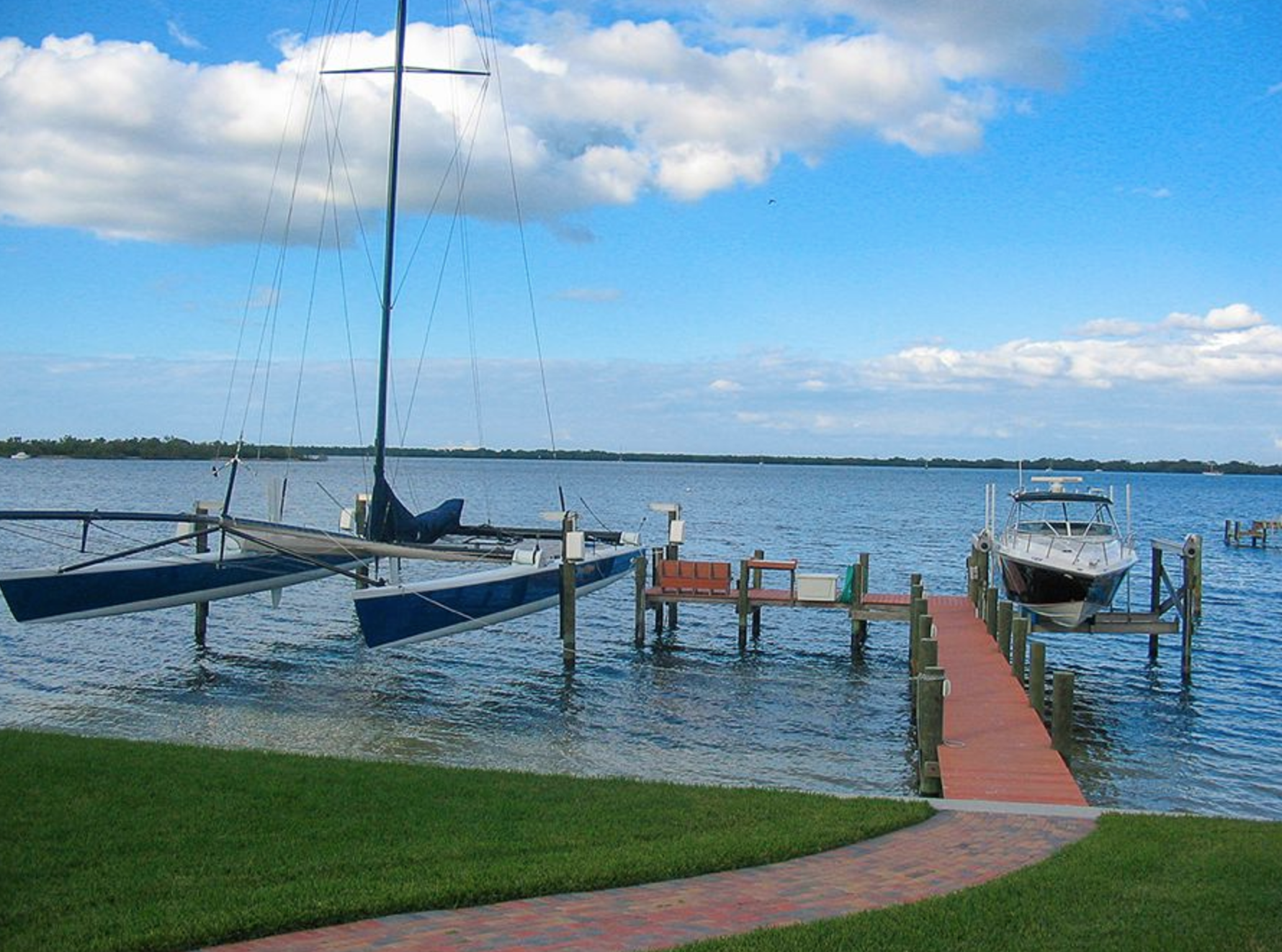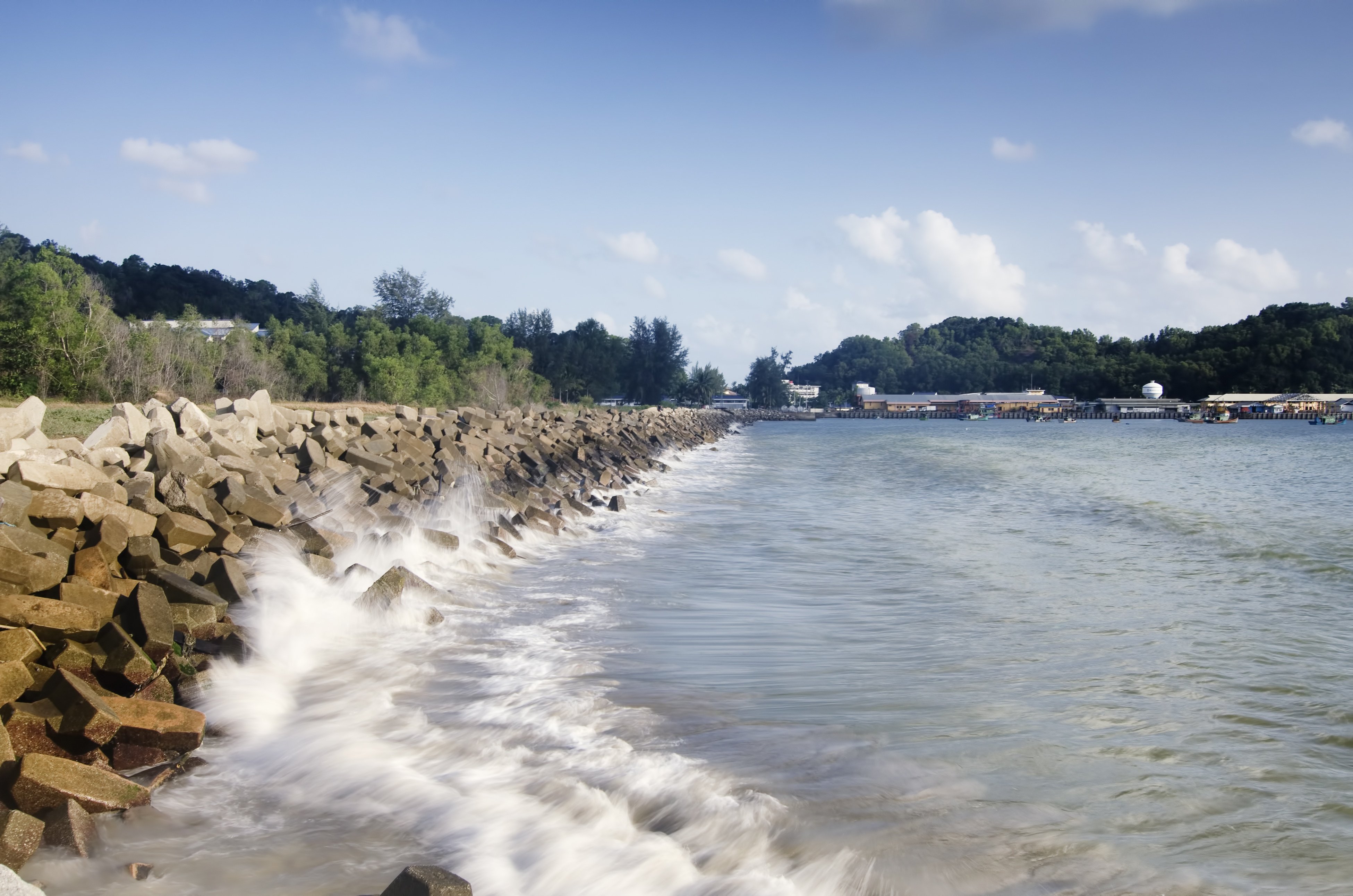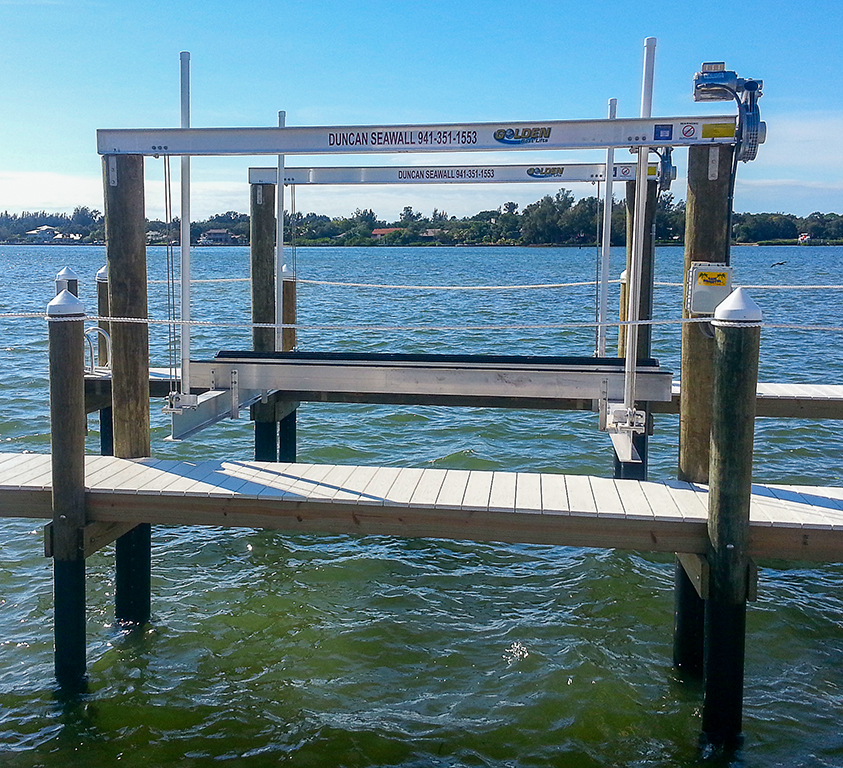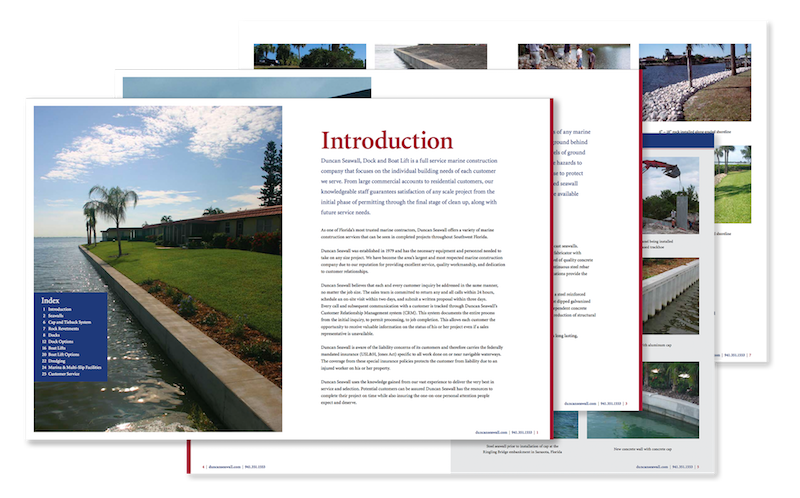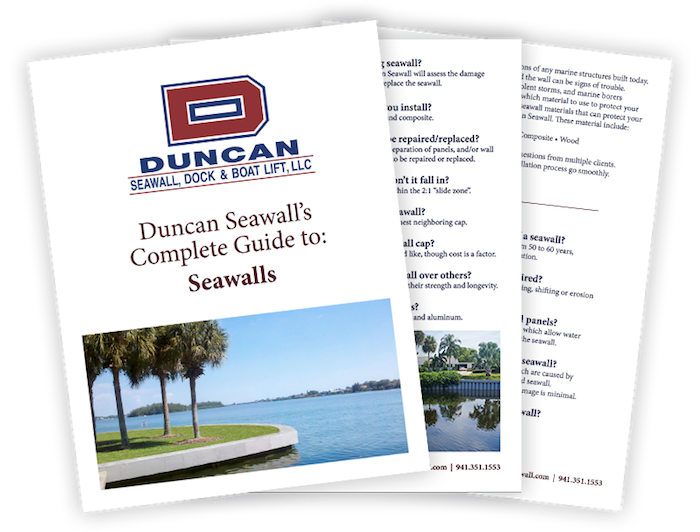From June through October, residents in Southwest Florida brace themselves for hurricane season, a period marked by the potential for severe weather events. This time of year can bring about significant damage and put people's safety at risk if they are unprepared or unaware of the necessary safety measures.
Related Blog: Ultimate Guide to Identifying Hurricane & Storm Categories in Southwest Florida
It doesn't matter if you've lived here your whole life or if you've recently relocated to Florida, you can never be too prepared for hurricane season. Here are 9 essential hurricane preparedness tips that will keep you, your family, and your home safe in case of a hurricane or severe weather emergency:
1. Create an Evacuation Plan
Having a well-thought-out plan in place is crucial to avoid unnecessary chaos when it's time to implement your emergency exit strategy during a hurricane. It's essential that your entire family is well-informed about what steps to take if you're ordered to evacuate.
Familiarize yourself and your loved ones with the local hurricane evacuation routes, ensuring that everyone knows the quickest and safest way out. Additionally, it's important to have a clear understanding of where you'll stay if you need to leave your home quickly.
2. Compile a Disaster Supply Kit
Organize a secure, waterproof container that's readily accessible when you need to leave in a hurry. Your emergency kit should include a working flashlight and an emergency radio to stay informed during disasters. Both should have fresh batteries, and consider having backup batteries available to guarantee their operation over an extended period.
This container should also include emergency cash and a credit card, and copies of your essential documents. First aid supplies are a must-have; stock a comprehensive kit with bandages, antiseptics, pain relievers, and any personal medication to handle minor injuries and ailments.
3. Have a Stay-Home Plan
Even if you're not situated in a region where evacuation advisories are issued, opting to stay at home could still present significant challenges. It's crucial to prepare for potential scenarios that could arise from remaining in place, such as the loss of power, which could disrupt your daily life and comfort.
Create a robust plan to weather the storm with minimal discomfort. This includes ensuring you have a sufficient supply of backup food and water on-hand, which can sustain you and your family for an extended period should you be cut off from your usual resources.
4. Subscribe to Local Alerts
By staying informed about potential threats specific to your region, you can make well-informed decisions and take timely actions to protect yourself, your family, and your property. To guarantee you're always ready to respond, subscribe to emergency weather notifications.
These are text or email alerts for your Florida county. They offer crucial details on threats, impacts, and safety steps, helping you effectively prepare and respond to emergencies.
5. Trim Trees
To mitigate the direct risk of damage to your home, it's crucial to trim your trees and remove any damaged limbs. Such materials can easily become airborne in high winds, posing additional risks during severe weather conditions.
Regularly inspecting your property and removing potential hazards can significantly reduce the likelihood of damage during storms. This process not only improves your home safety but also enhances your overall landscape.
6. Get Gas
Don't wait until the last minute. As soon as a hurricane is even possibly on the horizon, fill your car's gas tank, and have an extra container filled just in case. Gas supplies could run short in the event of an emergency, and you don’t want to risk running out of gas while you’re in a line of cars trying to evacuate.
7. Cover the Windows
Permanent storm shutters provide the highest level of protection against severe weather, acting as a robust barrier against high winds and flying debris. While not as effective, boarding up windows with plywood or similar materials can still offer a significant degree of safety compared to leaving windows uncovered.
If your property isn't equipped with hurricane shutters, it's worth considering the investment in either installing them or upgrading your windows to hurricane-resistant glass. This type of glass is specially designed to resist breaking in violent storms, offering an added layer of security and peace of mind during hurricane season.
8. Secure Loose Items
Patio furniture, garbage cans, and other unsecured objects pose a risk of being blown away or causing damage, hence they should either be brought inside or tightly anchored to a robust foundation. Additionally, maintaining clean gutters is essential to prevent water damage during heavy rains.
Leaves and debris can clog your gutters, leading to water overflow that can damage your home's foundation and landscape. Ensure that your rain gutters and downspouts are not only clean but also securely fastened to your house.
9. Tune In
Receiving local alerts on your smartphone or via email offers a convenient method to stay informed about necessary emergency actions you may need to take. However, for a more comprehensive understanding of the situation, actively tuning into your local news and weather channels is highly advisable.
These sources provide detailed analyses and real-time updates on the progression of the storm. By comparing the information from both these alerts and the in-depth coverage from news channels, you can gain a clearer picture of the emergency at hand, ensuring that you're well-prepared to respond effectively to any developments.
If you live on waterfront property in Florida, it's imperative that you protect your home to the best extent possible. This begins by choosing an experienced marine contractor who can build, repair, or reinforce your seawall, like Duncan Seawall, to help keep hurricane damage at bay. Download our Hurricane Checklist to find out how to prepare your seawall, dock, boat, and more for the coming season.



